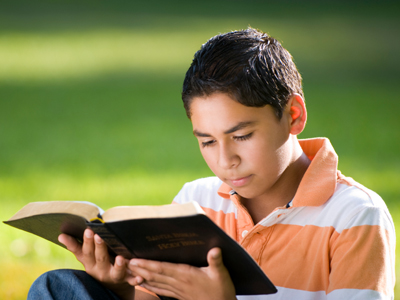
Jane Eyre - Themes
This Literature quiz is called 'Jane Eyre - Themes' and it has been written by teachers to help you if you are studying the subject at high school. Playing educational quizzes is a user-friendly way to learn if you are in the 9th or 10th grade - aged 14 to 16.
It costs only $12.50 per month to play this quiz and over 3,500 others that help you with your school work. You can subscribe on the page at Join Us
This high school English Literature quiz takes a look at themes in Charlotte Brontë's Jane Eyre. An idea conveyed by a literary text is known as a theme. A work of literature, even the most simple, will contain multiple themes ranging from the most obvious to the very subtle. Themes in literature do not operate in isolation, instead working together as if in conversation. Authors use the essential elements of fiction, such as setting, character, plot and dialog, as vehicles through which to develop the themes of the text.
Ready for more?
not all...
quizzers. Try to win a coveted spot on our Hall of Fame Page.







